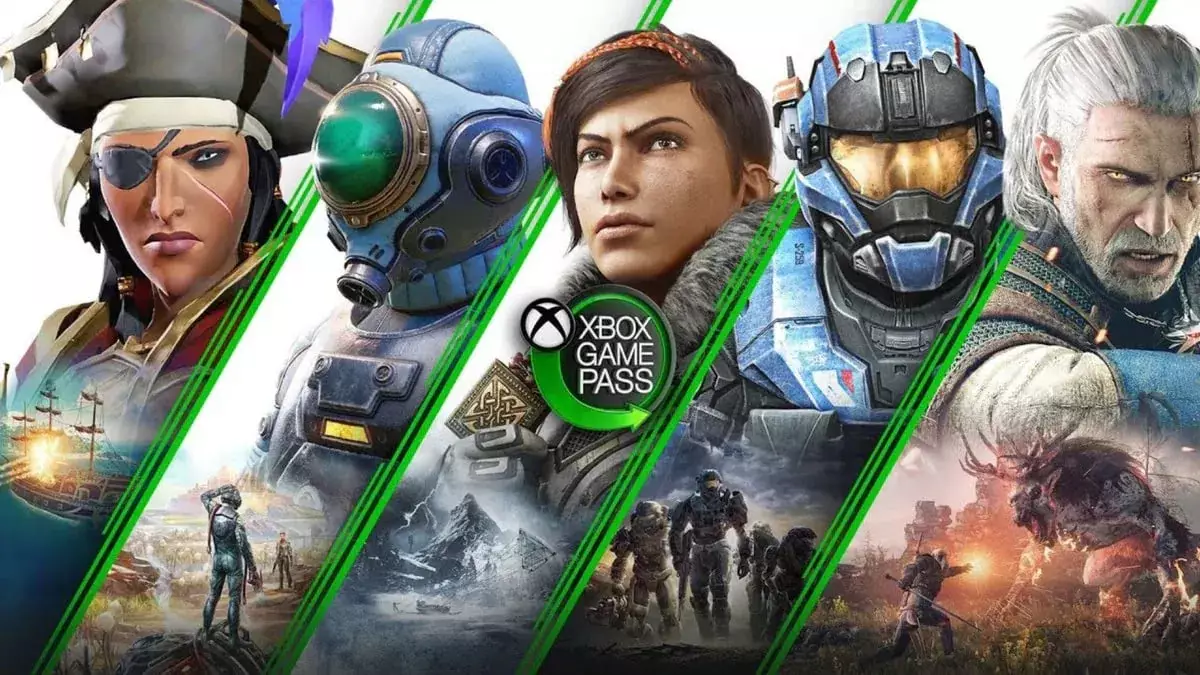In the world of gaming subscription services, Microsoft has recently made waves with its adjustments to the Xbox Game Pass offerings. The introduction of the new Xbox Game Pass Standard tier, coupled with notable price hikes across various subscription plans, has ignited debates among industry watchers, gamers, and regulators alike. These changes are not just about pricing; they have significant implications for player experience, competition, and the broader gaming landscape.
The Xbox Game Pass Standard tier aims to attract players by providing access to a diverse library of hundreds of titles, including the foundational benefits of Game Pass Core, such as online console multiplayer. However, an essential caveat exists: this tier does not include new first-party games on their release day. This omission has raised eyebrows, particularly when considering the competitive market of gaming subscriptions and the expectations of gamers eager to play highly anticipated titles.
At a price point of $14.99, this new tier represents a substantial increase from the previously available Game Pass for Console, which was eliminated for new subscribers. Microsoft’s justification for these price adjustments centers around the introduction of features like online multiplayer, which was previously an additional expense for users. Yet, while Microsoft presents the new Standard tier as an improvement, the absence of day-one access to major titles such as the upcoming Call of Duty: Black Ops 6 has led critics to label it as “degraded.”
The U.S. Federal Trade Commission (FTC) immediately seized the opportunity to scrutinize these developments. In a recent court filing, the FTC designated the Standard tier as “degraded,” suggesting that the price increase—now 36% more than the previous Console Game Pass—paired with the withdrawal of significant titles on launch day poses an unwelcome shift in value for consumers. Such changes fuel concerns regarding potential consumer harm as Microsoft solidifies its acquisition of Activision Blizzard, encompassing franchises like Call of Duty.
Microsoft has rebutted these claims, deeming them “misleading.” The tech giant pointed out that the former Game Pass for Console tier never offered multiplayer capabilities—an integral aspect of the gaming experience today. This argument underscores a fundamental element of Microsoft’s stance: businesses frequently evolve their service offerings, and consumers must adapt.
In navigating this shifting terrain, Microsoft has positioned its Ultimate tier as the most advantageous offering that will continue to provide “day-and-date” releases of first-party titles. With flagship releases like Call of Duty: Black Ops 6 aligned with this tier, Microsoft is inviting gamers to reconsider their subscription choices. However, this strategy poses questions regarding the long-term sustainability of the Standard tier, especially in a time of rising gaming costs and economic uncertainty for consumers.
Moreover, Microsoft has pointed to the success of Sony’s PlayStation Plus service, which has thrived despite offering a limited selection of launch titles. This reference highlights the intricate relationship between price, content availability, and perceived value in subscription services. The effectiveness of Microsoft’s marketing in creating demand for the Standard tier while defending its pricing strategy remains to be seen.
As the gaming community continues to process these changes, the future direction of Xbox Game Pass will undoubtedly remain a topic of considerable discussion. The combination of a new pricing structure and the absence of day-one access to significant titles raises crucial questions about consumer choice and the evolution of gaming services. Microsoft’s decisions and ultimate outcomes will not only affect its relationship with current subscribers but also shape the competitive landscape of gaming subscription services for years to come.
In a fast-paced digital world where player expectations continue to evolve, maintaining a balance between value, pricing, and access will be critical for Microsoft as it navigates the complicated realms of consumer sentiment and regulatory scrutiny. The fallout from this change in Xbox Game Pass offerings serves as a reminder of the challenges and responsibilities faced by major players in the gaming industry.


Leave a Reply